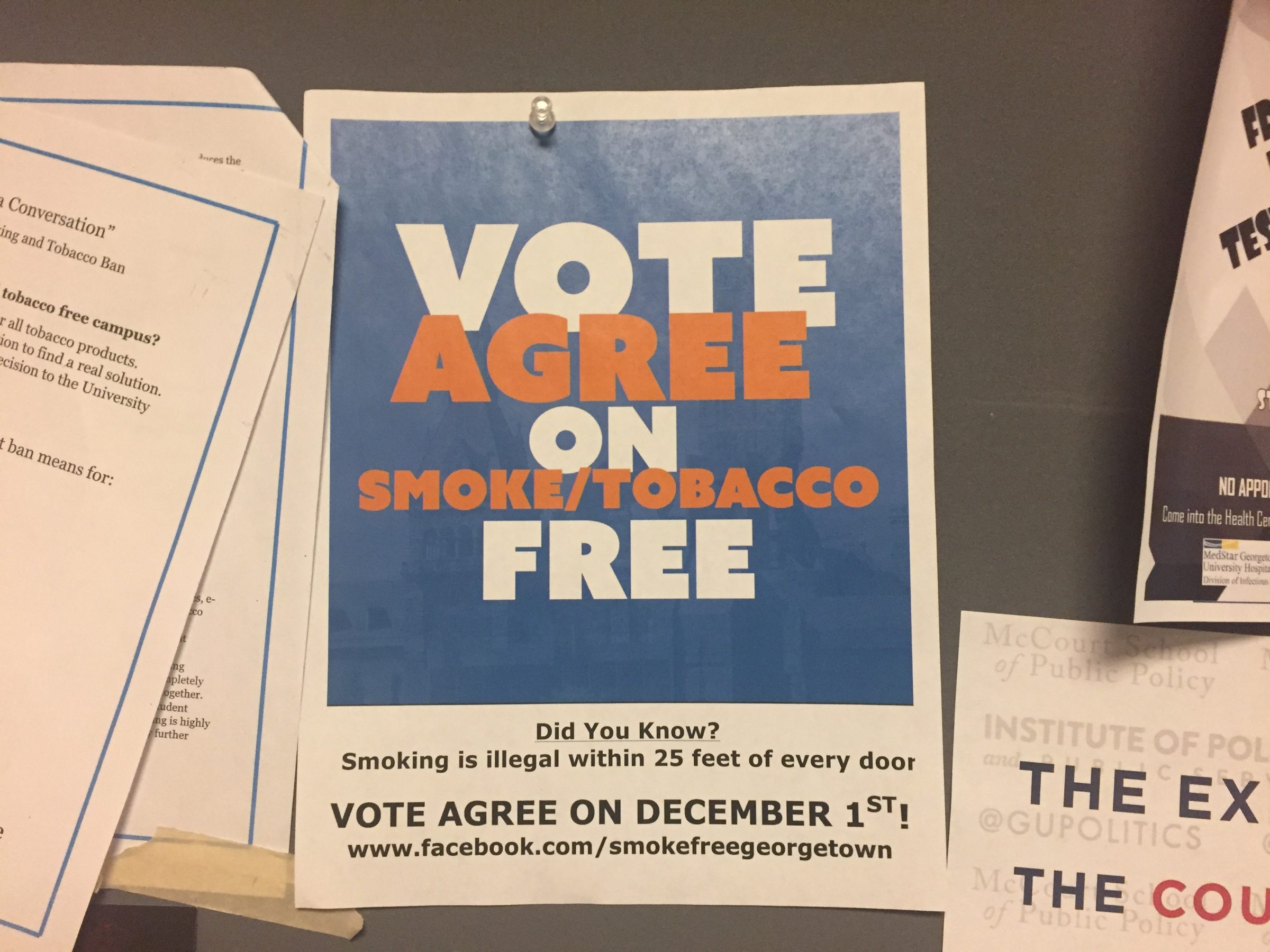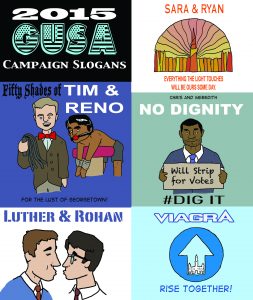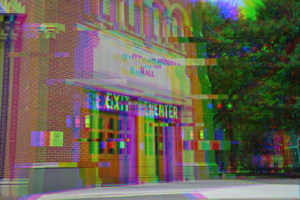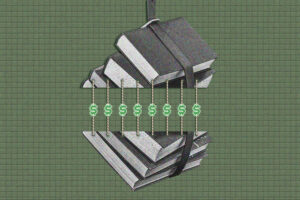On Dec. 1, a plurality of students voted in favor of making Georgetown a smoke and tobacco-free campus in a GUSA referendum. Students voted 49.64 percent in agreement with the referendum, while 46.37 percent of students voted against. No preference or undecided voters accounted for 3.99 percent.
GUSA Senator Henry Callander (COL ’18) and Mac Williams (NHS ’17) presented a petition on Oct. 16 in favor of making Georgetown smoke-free that received over 400 signatures to GUSA, which then voted on Oct. 23 to hold the referendum. The referendum coincides with university efforts this past semester to make the main campus smoke and tobacco-free by the 2017-2018 school year. The referendum was independent from the university’s policy towards smoking on campus, and its purpose was to evaluate the student body’s support for the plan being initiated by university administration.
Undergraduate students voted for the ban by approximately a three percent margin, a narrow win which showed the campus to be more divided on the debate of a smoke-free campus than supporters of the referendum anticipated.
“I hesitate to say this was exactly a win. There’s so many people that need to be represented. The close margin if anything shows that it was a lot more split,” Callander said.
Given the outcome of the referendum, GUSA plans to move forward by supporting the university’s smoke-free plan, addressing issues from students who voted against the ban, and establishing a task force to assist the university and represent the needs of the students.
Throughout the voting districts on campus, students were overall mostly evenly split on the issue. The two freshmen districts, Freshman South and Freshman North, showed a majority of students in favor of the ban. 52 percent and 55 percent voted in favor respectively. South Campus and East Campus yielded the largest majority of voters against the ban. All other districts had a plurality in favor of the ban.
More than 40 percent of the undergraduate student body voted in the referendum, a high voter turnout given the referendums did not accompany an election vote.
Former GUSA Senator Saad Bashir (COL ’19) abstained from voting to have the referendum earlier this semester. “If you’re going to have a ban that is completely banning everything, there’s no middle ground, having only two options is not indicative of any student opinion. We put an undecided option in there but I’m not sure that makes any difference,” he said.
Bashir and members of the campaign opposing the ban worry about the effect of a smoke-free campus for university workers, staff, graduate students, and international students. Many of these groups who will be affected by the ban were not able to vote in the referendum.
In an email to the student body, Enushe Khan (MSB ’17), president of GUSA, Chris Fisk (COL ’17), vice president of GUSA, GUSA Senate Speaker Richie Mullaney (COL ’18), and Cherie Vu (COL ’19), vice speaker of the GUSA Senate, acknowledged the need to address the significant portion of students who voted against the ban.“Although a plurality of students supported referendum #1, the considerable minority of students who voted against it demonstrates a clear need for meaningful engagement with administrators in our campus’ process towards becoming smoke and tobacco free,” they wrote.
“The results prove that smoking on campus is an issue, but it’s an issue that needs to be handled delicately,” Mullaney said. “GUSA will be nuanced in its approach to smoking going forward. And I think it’s very important that the university brings all parties to the table and discusses different perspectives in the issue.”
There are still concerns moving forward into the transition period of becoming a smoke-free campus, including more transparency by town hall members and the administration.
“The university has been the opposite of transparent when it comes to telling us what their vision is for a smoke-free campus,” Bashir said. “The town hall and other places there’s been misinformation. They haven’t clarified anything about how it will be enforced. They haven’t even told us where the exact boundaries are. There’s no real layout of a plan. Hopefully they’re going to start coming up with one.”
GUSA also held a Restructuring Referendum, but the election commission withheld those results due to concerns of unconstitutional behavior. A hearing took place Dec. 4 addressing the accusations. The Constitutional Council now has until Jan. 20 to reach a conclusion.





